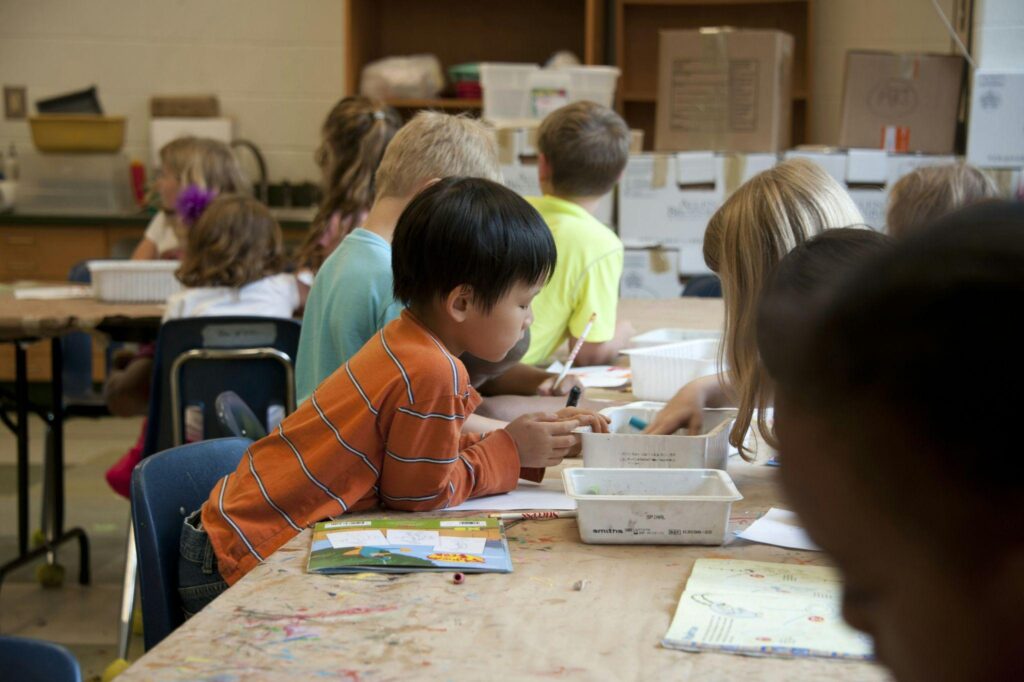Determining whether your child is primed for the transition to a private school environment involves more than academic performance. It encompasses emotional well-being, social adaptation, and family readiness.
Recognizing the right moment can make all the difference in ensuring a smooth adjustment and long-term success. If you’re feeling overwhelmed, consider consulting private school consultants near you to gain expert insight into your child’s unique needs.
1. Academic Engagement and Learning Style
Children thrive when their learning environment aligns with their natural curiosity and pace. Signs that your child may benefit from a private school include:
- Disengagement in class: If they seem bored or unchallenged, it could indicate the curriculum doesn’t match their abilities.
- Struggling despite effort: Persistent difficulty with core subjects, even after extra support, suggests a more tailored academic setting might help.
- Unmet special needs: Private schools often offer robust programs for gifted learners, dyslexia, ADHD, or other learning differences.
Evaluate whether your child is simply experiencing a temporary challenge—such as adjusting to a new grade—or consistently underperforming. If obstacles persist, a different academic model may be more suitable.
2. Social and Emotional Well-Being
A supportive peer group and nurturing school culture are essential for healthy development. Watch for:
- Anxiety or withdrawal: Reluctance to attend school, frequent stomach aches, or uncharacteristic mood swings can signal that the social atmosphere isn’t right.
- Difficulty forming friendships: Some children flourish in smaller class sizes and close-knit communities where teachers facilitate meaningful connections.
- Behavioral changes: Increased irritability, defiance, or declining self-esteem might reflect a mismatch between the child’s temperament and the current environment.
A private school’s emphasis on community and character development can often address these emotional needs more effectively than a large public setting.
3. Extracurricular and Enrichment Opportunities
Engagement outside the classroom enriches learning and fosters personal growth. Consider whether your child:
- Loves specialized activities: Private schools frequently offer niche programs—such as robotics, classical languages, or performing arts—not always available elsewhere.
- Needs leadership roles: Smaller student bodies can create more chances to captain teams, lead clubs, or contribute to student government.
- Thrives on hands-on learning: Experimental labs, field trips, and service projects help children who learn best by doing.
If your child’s passions are underserved, explore schools that prioritize holistic development through diverse extracurricular offerings.

4. Family Logistics and Commitment
Transitioning to private school involves more than tuition—it requires coordination and commitment from the entire family. Reflect on:
- Commute and schedule: Daily travel time and calendar demands (early mornings, after-school programs, weekend events) must fit your lifestyle.
- Financial investment: Evaluate tuition, fees, uniforms, and potential fundraising obligations. Research scholarships or payment plans that may alleviate burden.
- Parental involvement: Many private schools encourage active parent participation in committees, volunteering, and community events.
Honest assessment of your household’s capacity to support these commitments is crucial when weighing options.
5. Application Preparedness
Private school admissions often entail interviews, essays, standardized testing, and recommendation letters. Key steps include:
- Timeline planning: Application windows can open a year in advance. Mark deadlines for forms, testing dates, and financial aid.
- Academic documentation: Gather report cards, teacher evaluations, and any relevant assessment results.
- Interview readiness: Help your child practice conversational skills, discuss strengths, and express genuine interests.
Navigating these requirements can be daunting. Engaging a private school application consultant can streamline the process, ensuring that applications are polished, deadlines are met, and your child presents their best self to admissions committees.
Conclusion
Deciding on private school is a multifaceted choice that touches on academics, emotional health, enrichment, and family logistics. By observing your child’s engagement, happiness, and readiness—and seeking professional guidance when needed—you’ll feel confident in your decision. When the signs point toward a change, expert consultants can illuminate the path, helping your family find the best fit for your child’s future.
















